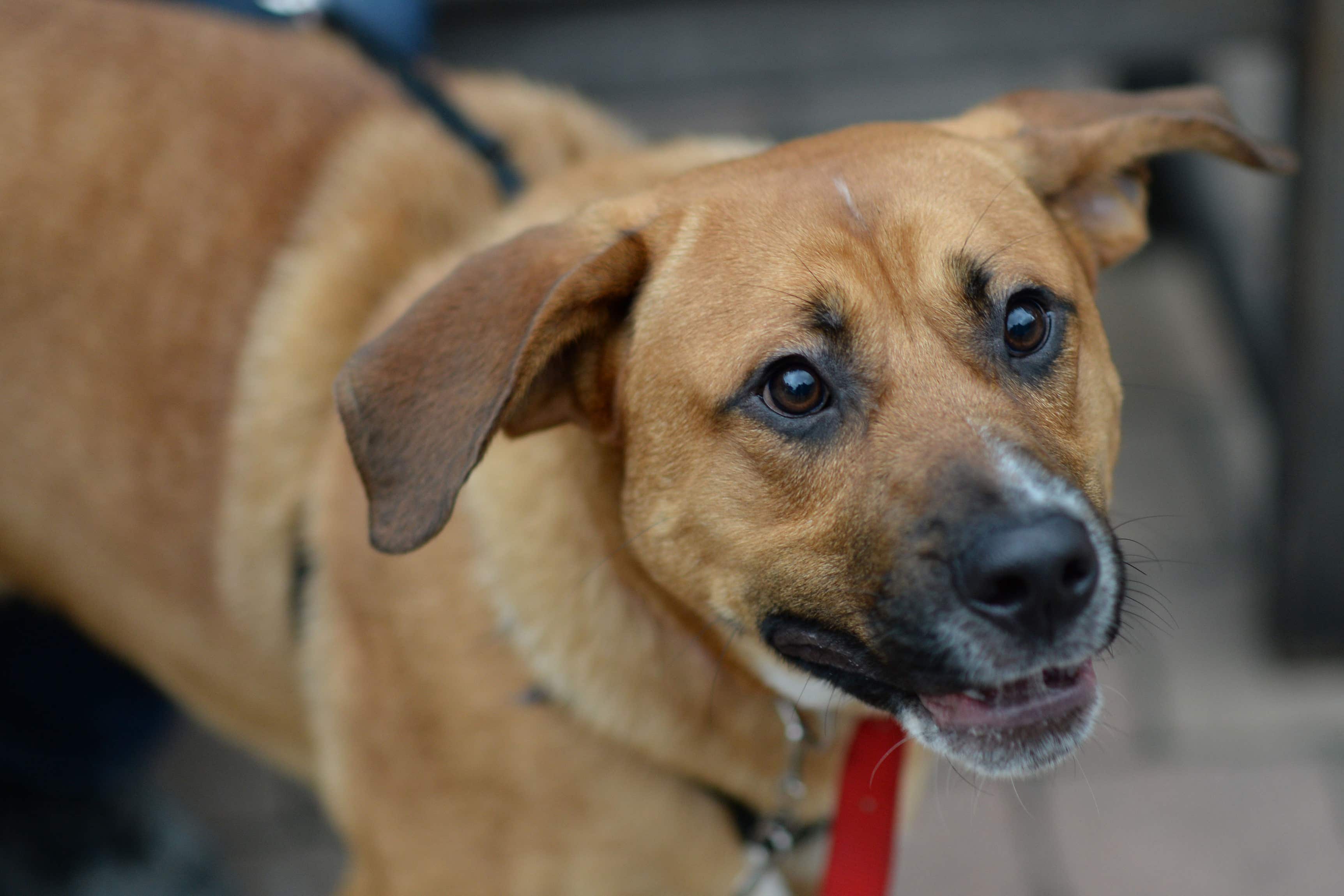What are Brucella canis symptoms and how can disease spread from dogs to humans?
Three Britons have contracted Brucella canis, a bacterial infection found in dogs that can cause meningitis in humans

Three Britons have contracted a rare disease usually confined to dogs.
Brucella canis, a bacterial infection that causes pain, lameness and infertility in canines has spread to three people in the UK.
The incurable disease spreads through contact with an infected animal’s fluids. Although human infections are usually mild, it can potentially result in meningitis and septicemia in severe cases.
Wendy Hayes, from Stoke-on-Trent, is believed to be the first person to be diagnosed with the infection in the UK last year and was forced to put down her five family dogs.
Since summer 2020, there has been an increasing number of reports of Brucella canis infection in dogs; the majority of which have been directly imported into the UK from Eastern Europe.
With the disease spreading to humans for the first time in the UK, The Independent explains below what Brucella canis is and how to spot it.
What is Brucella canis?
Brucella canis is a bacterial infection mainly found in dogs. It was discovered in 1966 during an investigation of beagles miscarrying in the US.
Other UK-living carnivores such as cats and foxes may be able to be infected if in close contact with an infected animal.
Brucella canis is considered incurable in dogs and can cause pain, infertility and lameness in canines.
Although not always life-threatening, the disease is incurable so the only way to control transmission is euthanasia.
How does Brucella canis Spread?
Brucella canis spreads through contact with the fluids of an infected dog.
Dog-to-dog transmission usually happens through mating or if a dog is pregnant the bacteria can spread to it’s puppies in the womb, during birth or through breast milk.
Humans can also contract the disease when they come into contact with the fluids of an infected dog.
It most commonly occurs when humans assist dogs during birth and transmits when infected fluids come into contact with people’s eyes, mouth or an open wound.
Although less likely, the disease can spread through an infected dog’s urine or faeces.
There are no known cases of the disease transmitting between humans, but it is thought to be possible via blood transfusion.
What are the symptoms?
Possible symptoms in humans can include fever, headaches, weight loss and in more severe cases it can cause meningitis, septicaemia and arthritis.
No fatal cases have been reported in humans but symptoms of the infection can take years to present themselves and may return over several years.
The severity of symptoms can vary. Of the three cases in the UK, at least one was asymptomatic while another was treated in hospital for her symptoms.
Signs of the disease in dogs include lethargy, premature aging and back pain but some dogs appear asymptomatic.
While the disease is incurable in dogs, human cases are mostly treated with antibiotics.
How rare is Brucella canis?
A report published on Monday by the Human Animal Infections and Risk Surveillance (HAIRS) suggested that the disease is considered ‘low risk in the UK’.
However, the number of cases in dogs rose from just nine in 2020 to 91 being spotted already this year.
The majority of cases found in dogs in the UK come from animals that have been directly imported into the UK from Eastern Europe.
It is recommended that dog breeders and charities importing dogs from overseas should carry out testing for the disease and vets treating imported dogs should use appropriate PPE to minimise risk of infection.
Subscribe to Independent Premium to bookmark this article
Want to bookmark your favourite articles and stories to read or reference later? Start your Independent Premium subscription today.

Join our commenting forum
Join thought-provoking conversations, follow other Independent readers and see their replies